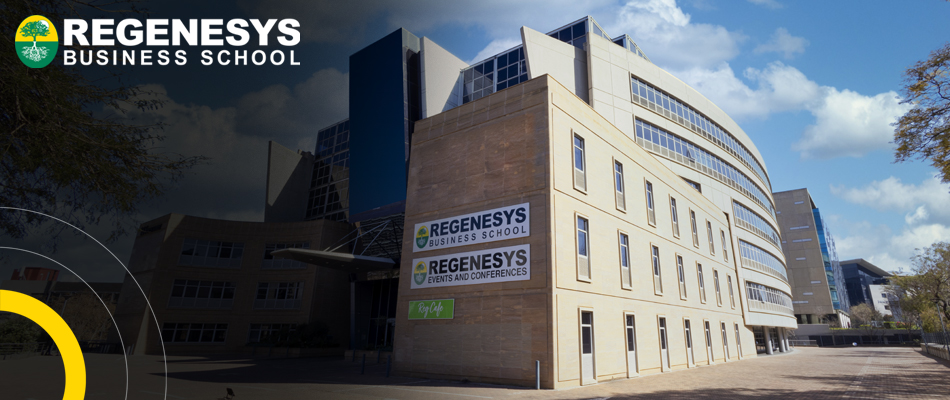Banking is one of the many traditional industries that evolved over hundreds of years.
Traditionally banking was confined to mediating loans and deposits, including financing international and domestic trading. Modern banking, however, encompasses a lot more, with added complexities.
IN THIS ARTICLE:
- The changing banking landscape
- Banking imperatives in the new order
- Choosing a banking qualification
- The Bachelor of Business Administration in Banking
The changing banking landscape
Nations began liberalising trade and capital flows across borders, with little regulation of market mechanisms. This affected the banking industry in more ways than can be imagined: banks began expanding their operations across borders and engaged in cross-industry mergers and acquisitions, paving the way for universal banking.
The environment was conducive to cross-border loan intermediation, with banks becoming conduits for foreign capital to domestic equity, bond, commodities, and derivative markets. Their financial arrangements with depositors in domestic and international markets became concomitantly more convoluted.
New and seemingly innocuous financial instruments were introduced, like mortgage-backed securities and credit default swaps, and interest rate and foreign currency derivative products. While the earlier versions of these innovations encouraged portfolio diversification, their later incarnations brought with them a series of global financial crises.
Banking imperatives in the new order
Today banks are stepping into a new realm – technology-driven banking, underpinned by blockchain platforms and technology, artificial intelligence, using decentralised finance and digital currencies, and operating under much tighter regulatory regimes.
To operate in this environment, society needs to upskill, both as users and operators of new-age banking services. It is in this context that a qualification in banking becomes pertinent.
Choosing a banking qualification
If you wish to build a career in banking and finance, you are probably wondering which qualification is most suitable for the type of career you envisage.
If you don’t have a matric (or an equivalent qualification), a Higher Certificate in Business in Credit Banking might suit you. This one-year programme gives students a good grasp, at a rudimentary level, of various aspects of banking, covering economics and financial management basics, credit management, the legal aspects of banking, and people management, which – alongside some experience in banking – will help to prepare you for a junior supervisory post.
You should emerge from this qualification with a good grasp of general principles that firmly set the foundation and connect it with practice through an application-oriented pedagogy that puts equal emphasis on examining theory and application.
The Bachelor of Business Administration in Banking
However, if you have a matric, and want to build a career in banking in an officer-level role, you will be better served by a Bachelor of Business Administration in Banking degree. This qualification is designed to develop professionals with a sound understanding of how banking organisations function, and to cultivate managerial attributes by equipping students with the relevant skills, knowledge, and self-awareness to work effectively across various functional areas in a banking organisation.
In the first year of the BBA in banking, the focus is on the basics of banking, economics, financial and credit management, marketing, and information technology. In second year the curriculum kicks up a notch to cover core banking requirements, credit and marketing management, the legal aspects of banking, financial planning, and human resource and strategic management.
In its final year, the programme takes a more advanced view of banking, concentrating on international law and trade, asset management, product development, and strategic and change management, among other things.
Ready to make your choice? You’ll find more information on both of these Regenesys Business School programmes here.









